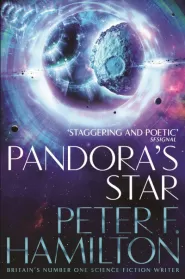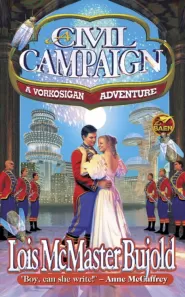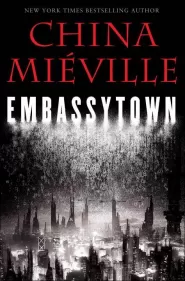The Pleasure Tube
Classic Science Fiction
“Reads like dynamite. ...a rare and academically fascinating piece of work,
apart from the fact that it moves well and entertainingly. It tackles
something fundamental to the human spirit, and conscientiously does it
at least well enough to shake any notion that these matters have been
sufficiently settled by other artists.” – Algis Budrys, Chicago
Sun-Times, April 22, 1979
“Thought out to an uncommon degree,
Onopa's tale of stranded/psychologically manipulated astronauts proceeds on several levels of significance. It uses as a metaphor the
conversion of space into time at the “event horizon” of a black hole.
In the eyes of the reader, Onopa's hero, Rawley Voorst, may have
actually returned to Earth from his starship mishap and is being
subjected to subtle interrogation techniques. Or maybe he and his mates are actually still lost among the stars. An outstanding achievement;
for sophisticated sf readers and those who recognize literature in
whatever guise.” – Booklist, May, 1979
“...neatest literary trick of the year. ...this book will still be around, and referred to among
us, years from now.” – The Magazine of Fantasy and Science Fiction, May, 1979
“Well-written and daring, The Pleasure Tube acts as a
bridge between the Old Wave and the New, and if for no other reason than that should be read and enjoyed by sf readers of all persuasions.” –
Dewlap's Library Journal, April/May, 1979
“A guilty pleasure....” – io9.com (We come from the future), November 26, 2008
“Onopa's The Pleasure Tube moves quickly, with a lot of variety, like the space
cruise that provides the novel with its title. The science fictional
content is highly phildickian, though sexier and more amoral than the
usual fare from the Prophet Phillip. Paranoia, visionary and ecstatic
states, social and psychological manipulation, and memory failure are
all central to the story. It is set in an undated future where
interstellar travel is an experimental reality, and humanity has been
consolidate under a single, bureaucratic government with research,
military, and commercial elements sometimes at cross-interests. The
futurological elements of the story hold up pretty well, for a book
written thirty years ago. The book was published a hair earlier than
the release of the Disney space adventure movie The Black Hole, and like the movie, it uses the astrophysical phenomenon of the collapsar as a
source of metaphysical reflection. While the reflection of The Pleasure
Tube is considerably deeper and the science less distorted, these two
different works demonstrate the degree to which 1979 was steam-engine
time for the naked singularity.
Onopa's epigraph for the novel is a quote from Plato: “The highest pleasure of an organism consists of its
return to its own true nature.” A more modest yet very genuine pleasure can be found reading this book.” – LibraryThing.com, July 16, 2009
Robert Onopa's short stories from The Magazine of Fantasy and Science Fiction
are collected in 2020, an eBook published by Electric Story in 2002. He is Professor Emeritus at the University of Hawaii, and lives on Oahu.
Readers also enjoyed
Robert Onopa
Robert Onopa's science fiction stories have been featured in The Magazine of Fantasy and Science Fiction and Tomorrow. His novel The Pleasure Tube (Berkley/Putnam's) was praised as "a breakthrough" by The Chicago Sun-Times and "an outstanding achievement" by Booklist. His other work has appeared in TriQuarterly, Harper's, and The Singapore Straits-Times, among other places. He has taught at Northwestern, on a Fulbright in Africa, and at Victoria University in New Zealand. He now teaches at the University of Hawaii, and lives on the Windward side of Oahu with his wife and two sons.








